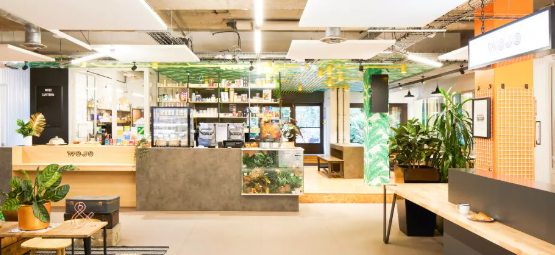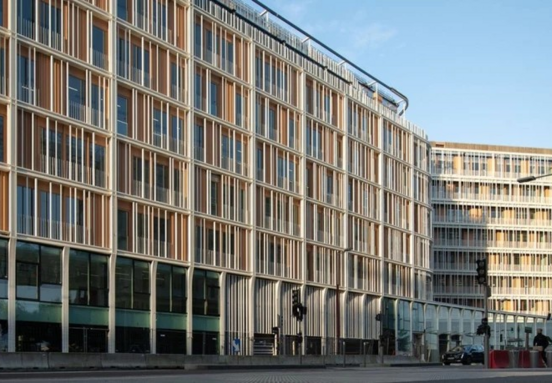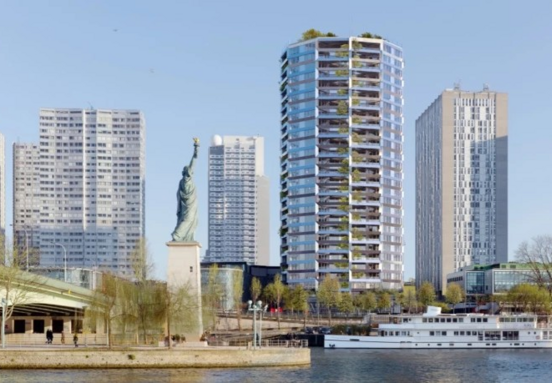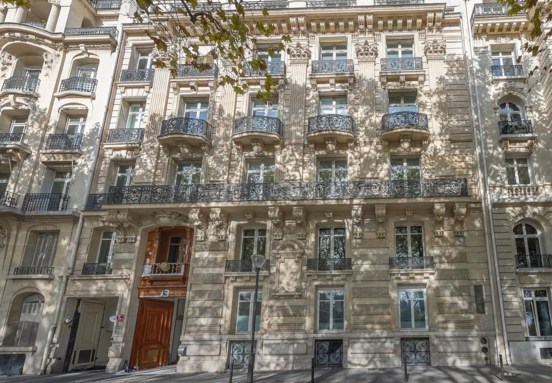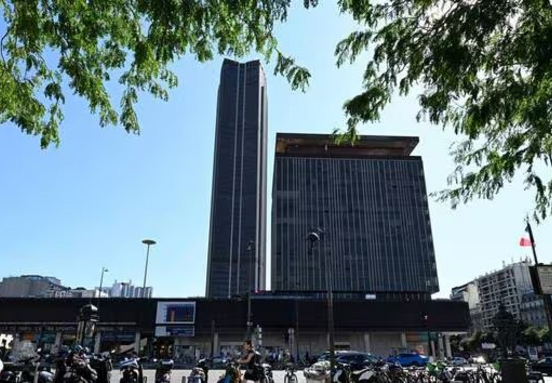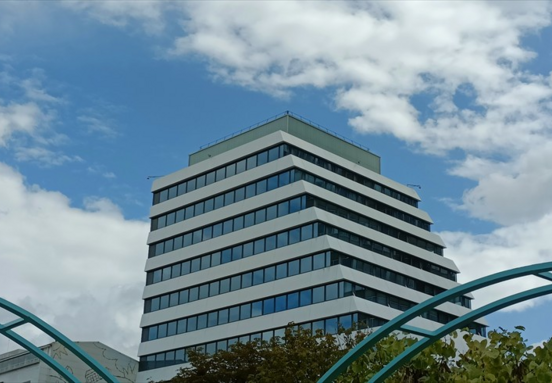A thriving coworking ecosystem across France
Today, coworking is booming not only in Paris, but also in fast-growing regional cities like Lyon, Bordeaux, Nantes, Toulouse, Lille, and Marseille. Leading networks such as Wojo, Morning, Deskopolitan, Spaces, Startway, and Now Coworking have established themselves by creating vibrant workspaces that blend cutting-edge technology, modern aesthetics, flexible services, and a community-oriented culture.
Workspaces typically include:
-
Open-plan desks and private offices
-
High-speed internet and fully equipped meeting rooms
-
Lounge areas, cafés, kitchens, and even rooftops or gardens
-
Regular programming: workshops, networking events, wellness sessions, entrepreneur talks
Some coworking spaces go further by incorporating green areas, childcare services, or creative studios, offering a holistic experience where work, life, and innovation meet.
Tailored to a wide range of professionals
Coworking in France attracts:
-
Freelancers seeking professional, social environments
-
Entrepreneurs looking to scale their business while staying agile
-
Small businesses in need of cost-effective office space
-
Large corporations decentralizing project teams into inspiring, flexible hubs
Thanks to short-term contracts and modular pricing plans, coworking is particularly suited to respond to today’s economic volatility and shifting workforce needs. It’s also an effective solution to combat isolation often associated with full remote work.
More than a workplace: a human-centric approach
Beyond infrastructure, coworking spaces in France promote human connection, knowledge sharing, and collaborative culture. They foster belonging, encourage creativity, and help professionals find a better work-life balance.
Many hubs offer business coaching, entrepreneur clubs, and personal development programs—an entire ecosystem designed to support professional growth, reduce stress, and boost engagement.
A future-proof, sustainable model
Coworking is also increasingly aligned with sustainability goals. Many spaces implement resource sharing, use eco-friendly materials, support local suppliers, and encourage green commuting (bike facilities, proximity to public transport, car sharing, etc.).
